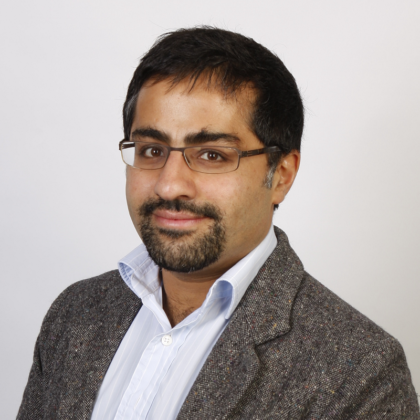
In this LinkAGE webinar, titled ‘The NHS whole genome sequencing service of childhood cancer’, consultant paediatric oncologist Dr Sam Behjati will be talking about how whole genome sequencing (WGS) can be utilised to more effectively target chemotherapies to specific tumours, as well as when clinicians can use genomic data as a guide for when not to use chemotherapies.
In oncology, one of the most widely utilised treatment strategies is to use drugs to treat cancer. This is called chemotherapy. However, these are not always efficacious as the drug may not be bioavailable at all of the tumour sites (in the cases of metastases) or it may not target the cancer effectively. Additionally, the cancer being treated may be resistant to that drug meaning other treatment regimes need to be considered. All this takes precious time which the patient may not have.
Using genomes to guide treatment is an exciting and vital step forward in oncology since many chemotherapeutic drugs cause severe side effects. If these can be reduced – or even avoided – in patients where the drug was unlikely to work anyway; they will be spared from life-impacting stress due to, for example, drug toxicity. A real-life and recent application of this was in the treatment of baby Oliver, as covered by the BBC.
By the end of this fifth LinkAGE webinar you will have:
- reflected on what WGS is and the technology underlying it;
- explored how WGS helps us to treat patients and target therapy; and
- evaluated the benefits of the NHS programme.
Who is the LinkAGE expert webinar series aimed at?
This webinar series is aimed at researchers, clinicians and other healthcare professionals who already have a strong understanding of fundamental genomics concepts. If you are just starting your learning journey, or need a quick refresher, we encourage you to check out our genetics and genomics learning centre.
Meet the speaker
Dr Behjati is an academic paediatric oncologist who combines clinical work with research on childhood cancer. His group, based at the Wellcome Sanger Institute, uses quantitative genomic data to reveal the origins of childhood cancer. Originally from Germany, he read medicine at Oxford University before pursuing by academic clinical training in London and Cambridge.
Register your interest to access the webinar
This webinar can be accessed online via YouTube.


